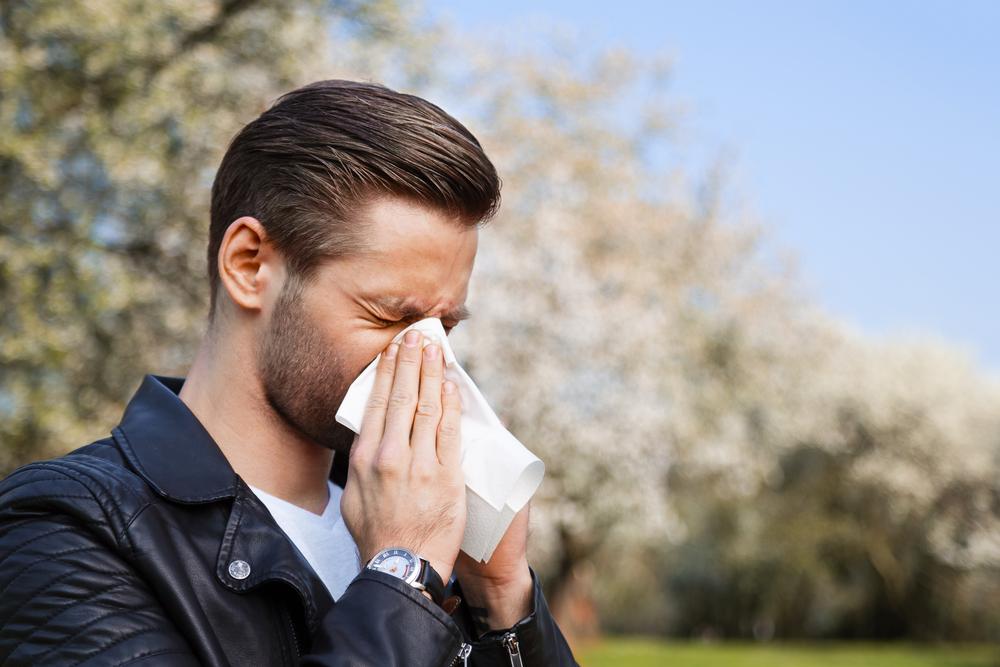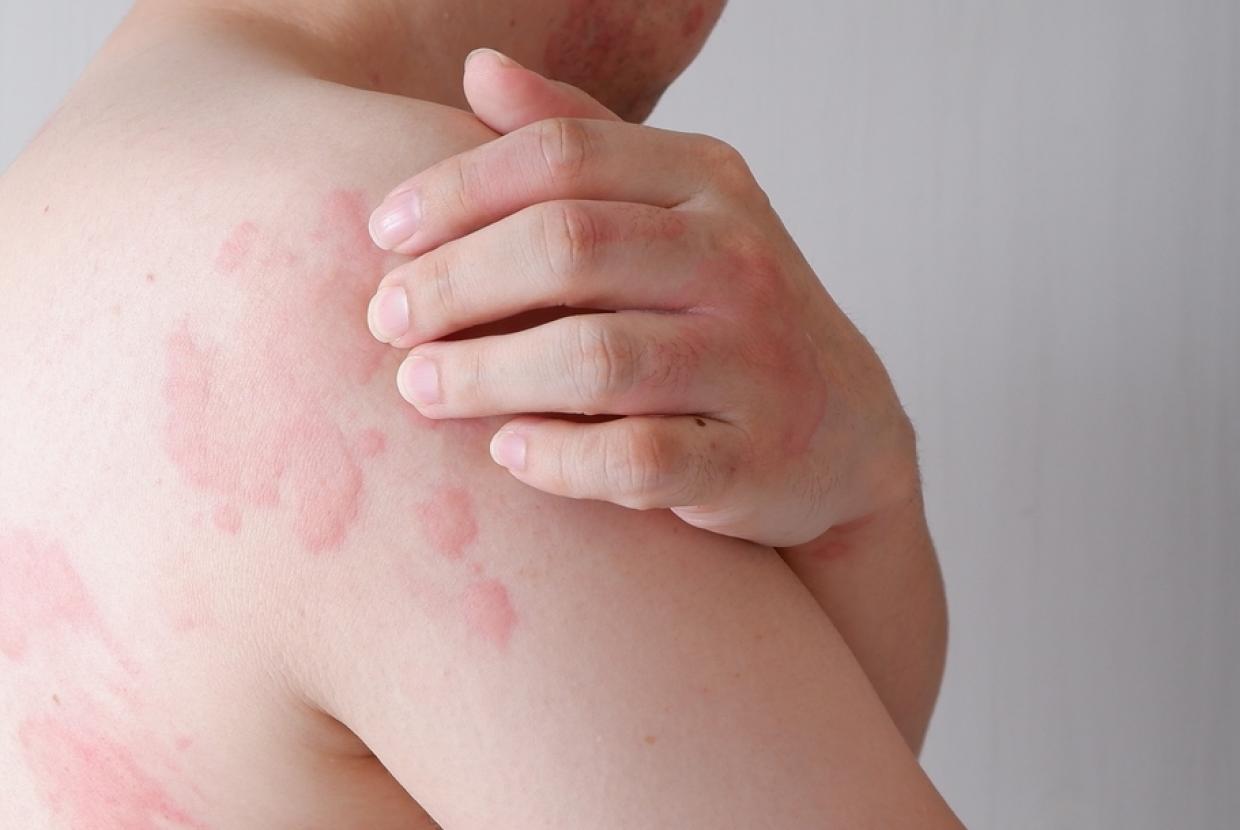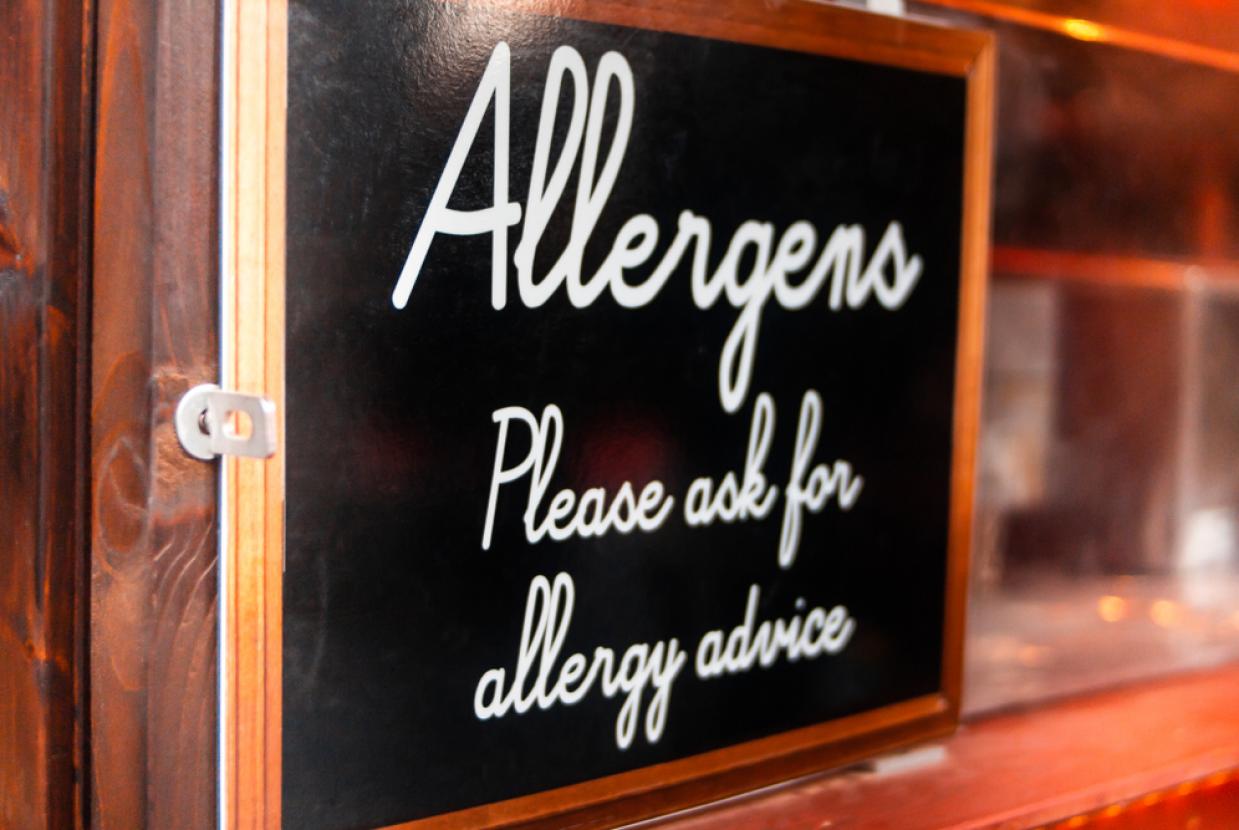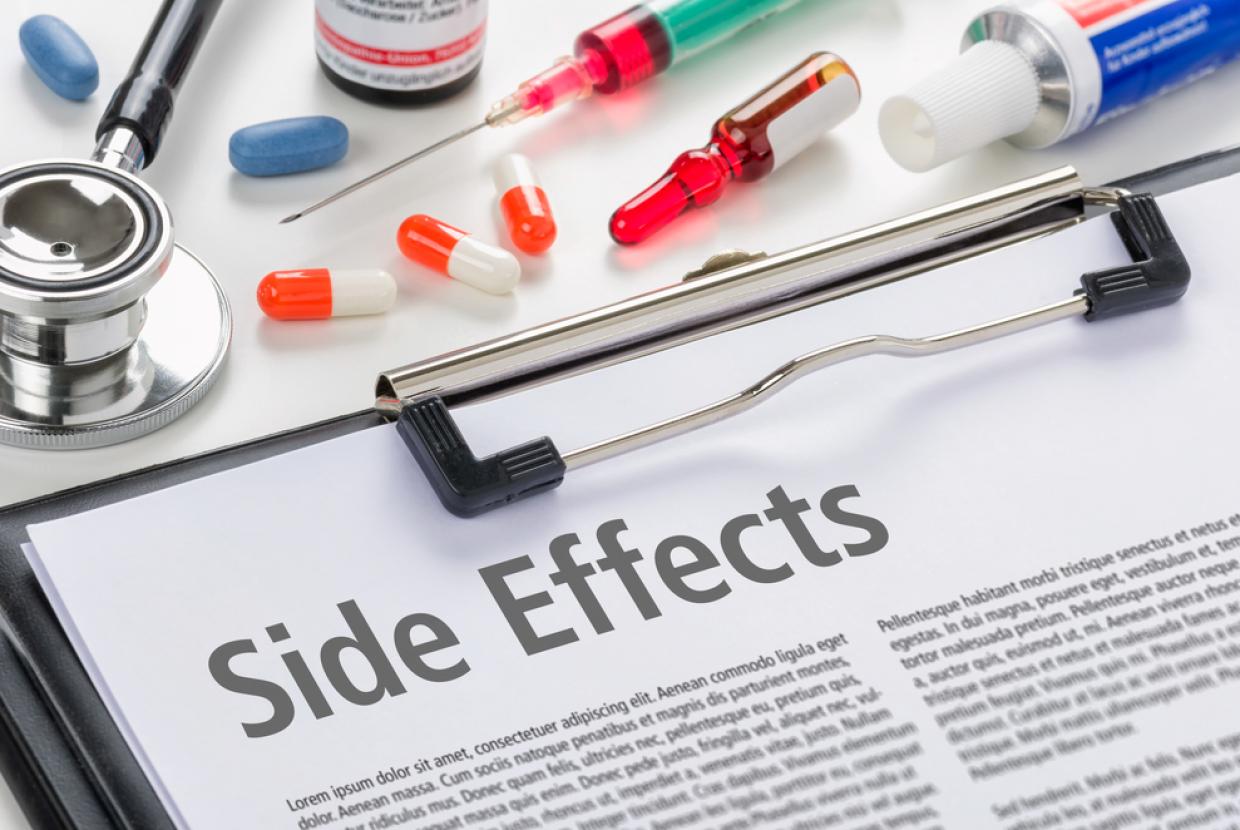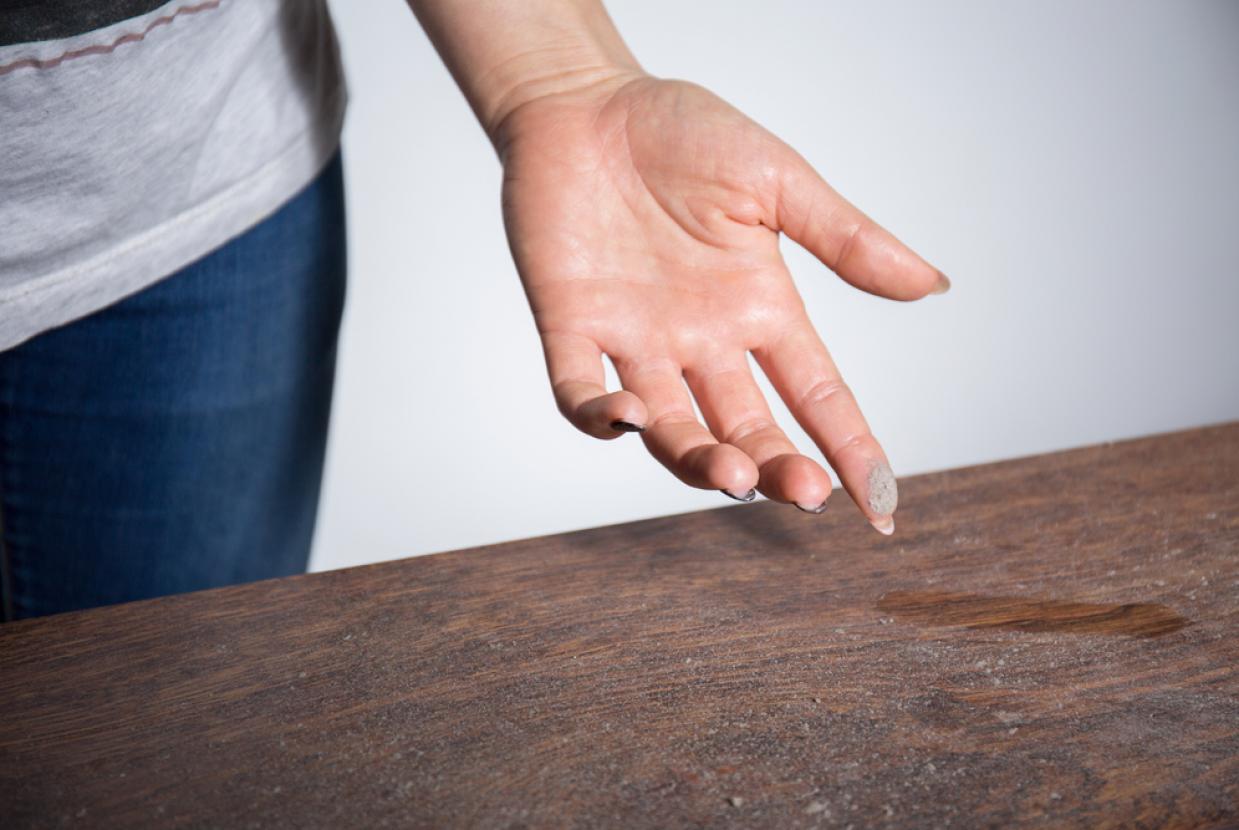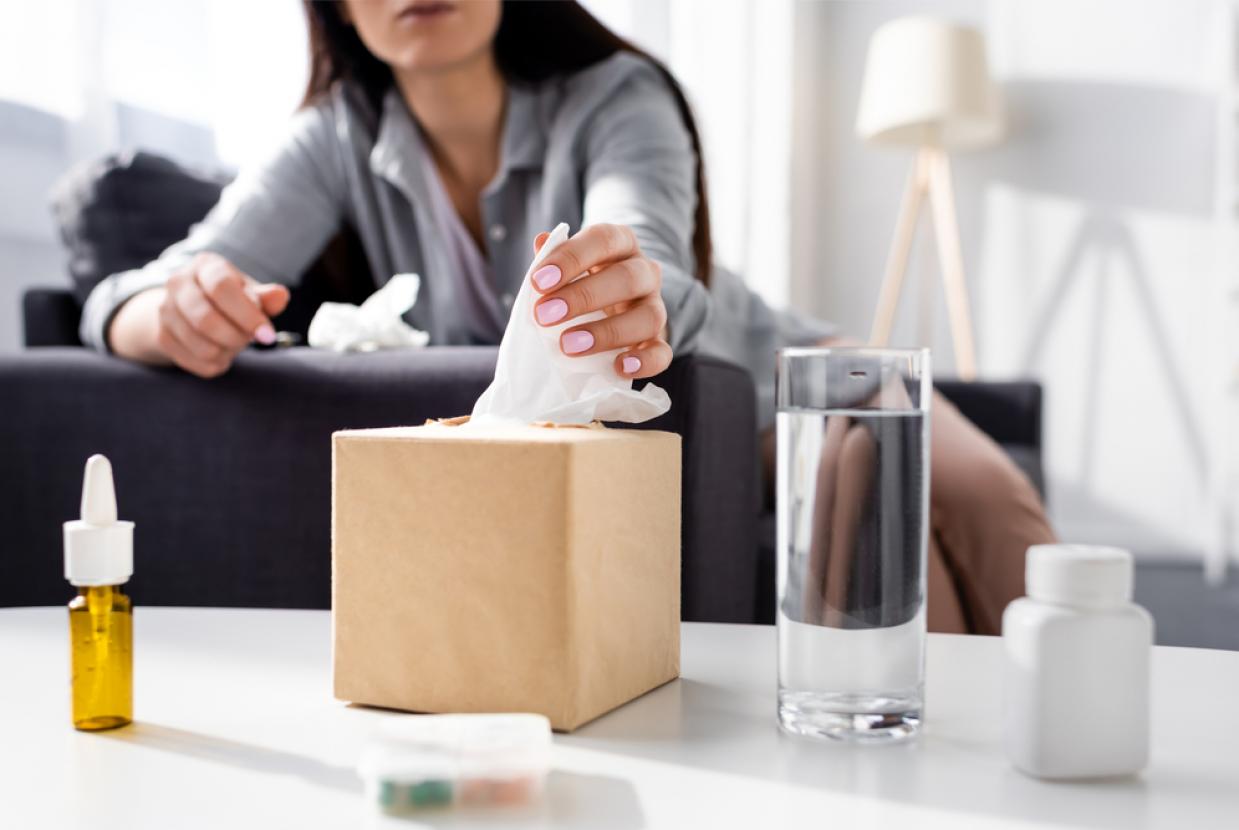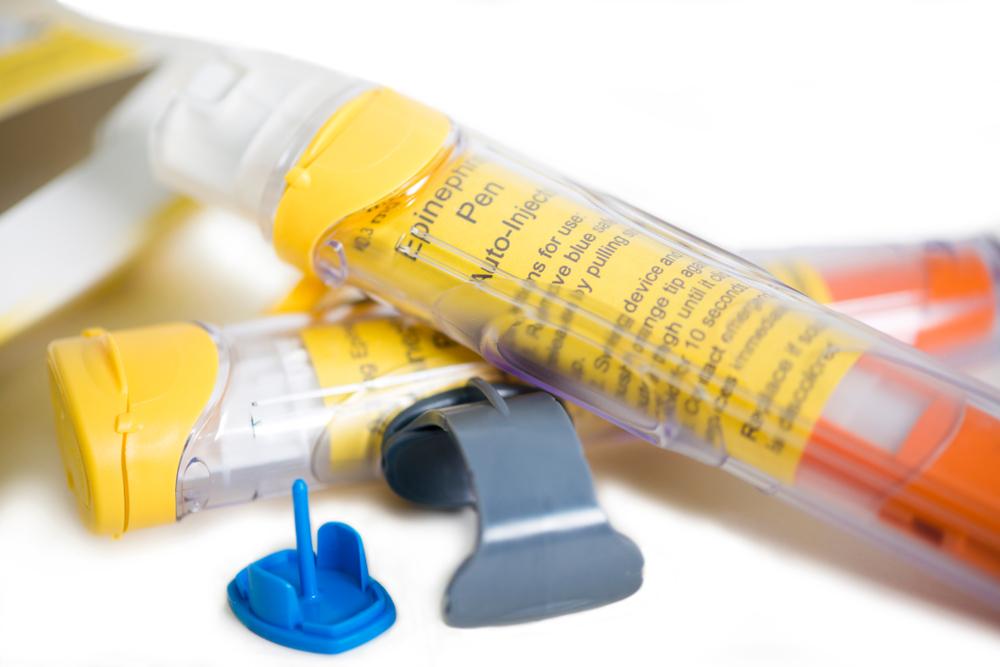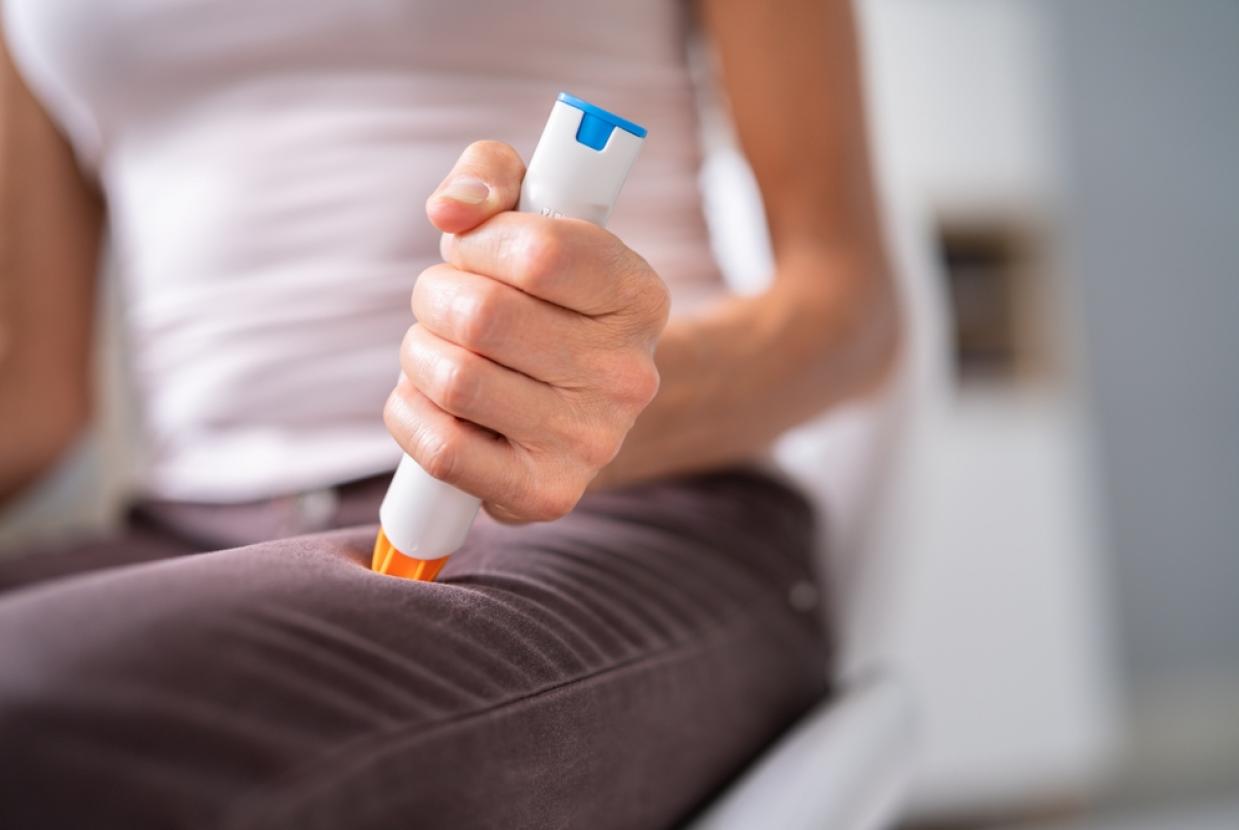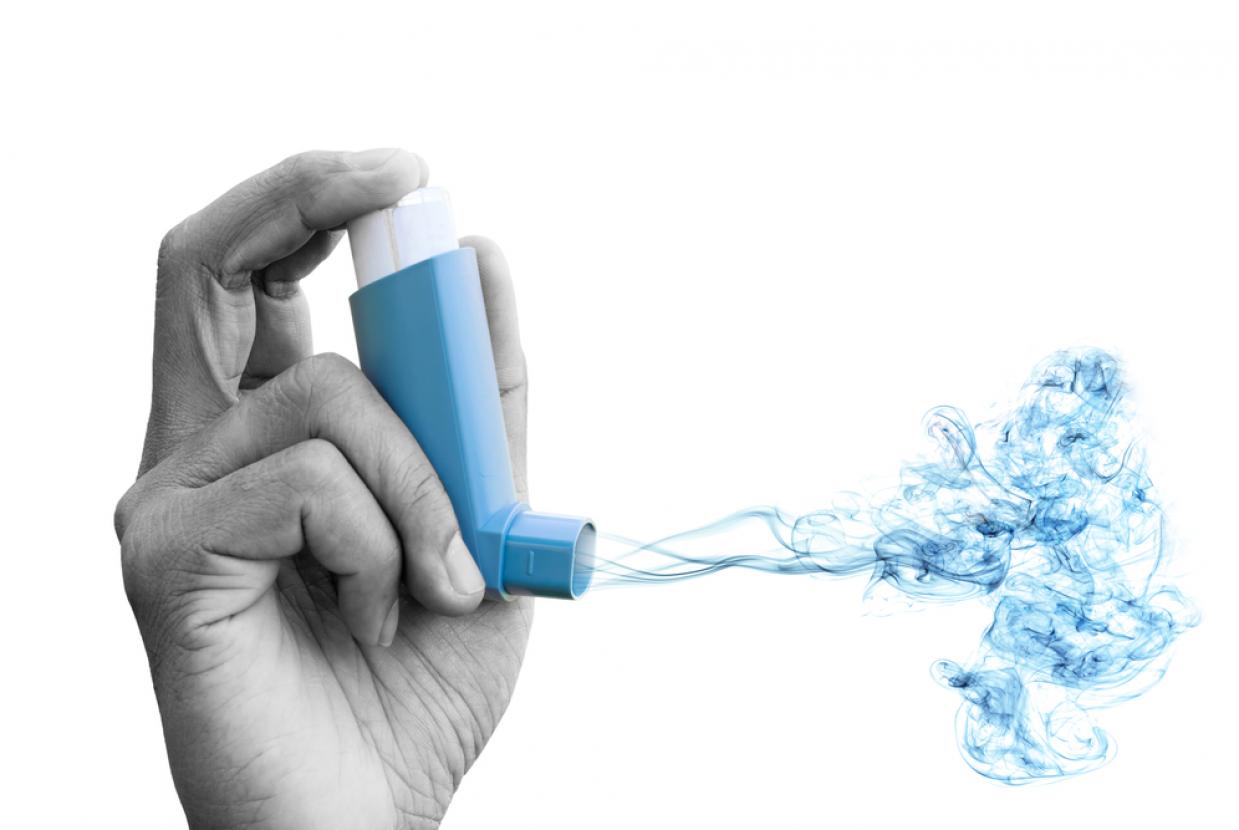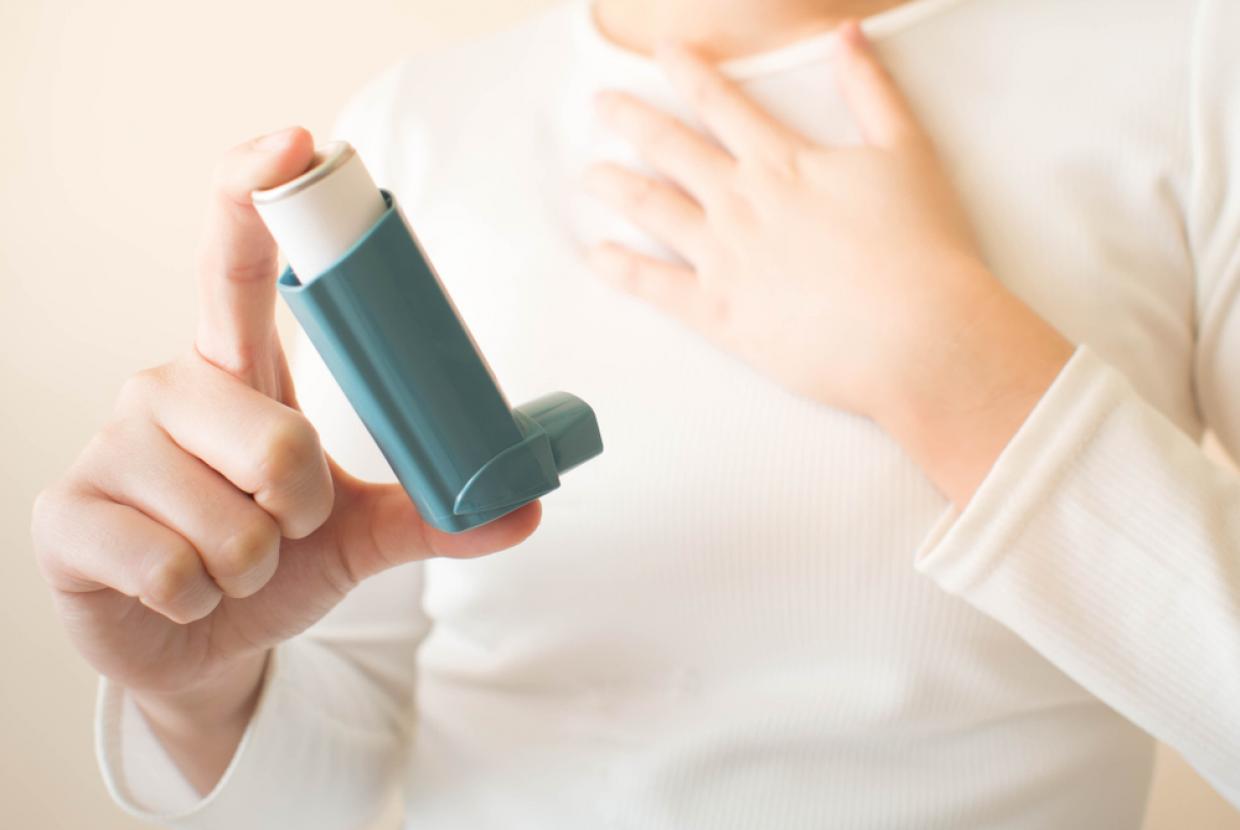Antihistamines
Antihistamines are medicines often used to relieve symptoms of allergies, such as hay fever, urticaria, conjunctivitis and reactions to insect bites or stings. Hay fever tablets are also sometimes used to prevent motion sickness and as a short-term treatment for insomnia. Most antihistamines can be bought from pharmacies and shops, but some are only available on prescription.
Types of antihistamines for hay fever
There are many types of antihistamine. They’re usually divided into 2 main groups:
- Antihistamines, hay fever tablets, that make you feel sleepy, such as chlorphenamine (Piriton), cinnarizine, diphenhydramine, hydroxyzine and promethazine.
- Non-drowsy antihistamines that are less likely to make you feel sleepy, such as acrivastine, cetirizine, fexofenadine and loratadine.
They also come in several different forms – including tablets, capsules, liquids, syrups, creams, lotions, gels, eyedrops and nasal sprays. Non-drowsy antihistamines are generally the best option, as they’re less likely to make you feel sleepy. But types that make you feel sleepy may be better if your symptoms stop you sleeping.
Ask a pharmacist for advice if you’re unsure which medicine to try as not all antihistamines are suitable for everyone.
What hay fever medications could I use?
The treatments prescribed for allergy control the symptoms and reactions; they do not cure the condition.
Antihistamines are probably the best known type of allergy medication, and most are readily available from a pharmacy without prescription. However, there are a number of different types of antihistamines; some have been used for many years, some are improvements on old drugs, and new antihistamines are being developed all the time.
While antihistamines used to have a reputation for making people drowsy, more modern antihistamines only occasionally have those side effects. These can be used on their own for mild hay fever or in combination with an intranasal steroid spray for moderate to severe symptoms.
How to use your nasal spray
When allergies strike, nasal sprays can help. There are many different types, and most work faster than pills. You can buy them over the counter at most supermarkets and pharmacies, or your doctor can prescribe one to relieve a stuffy or runny nose. Many people don’t realise that using your nasal spray incorrectly can reduce its effectiveness.









